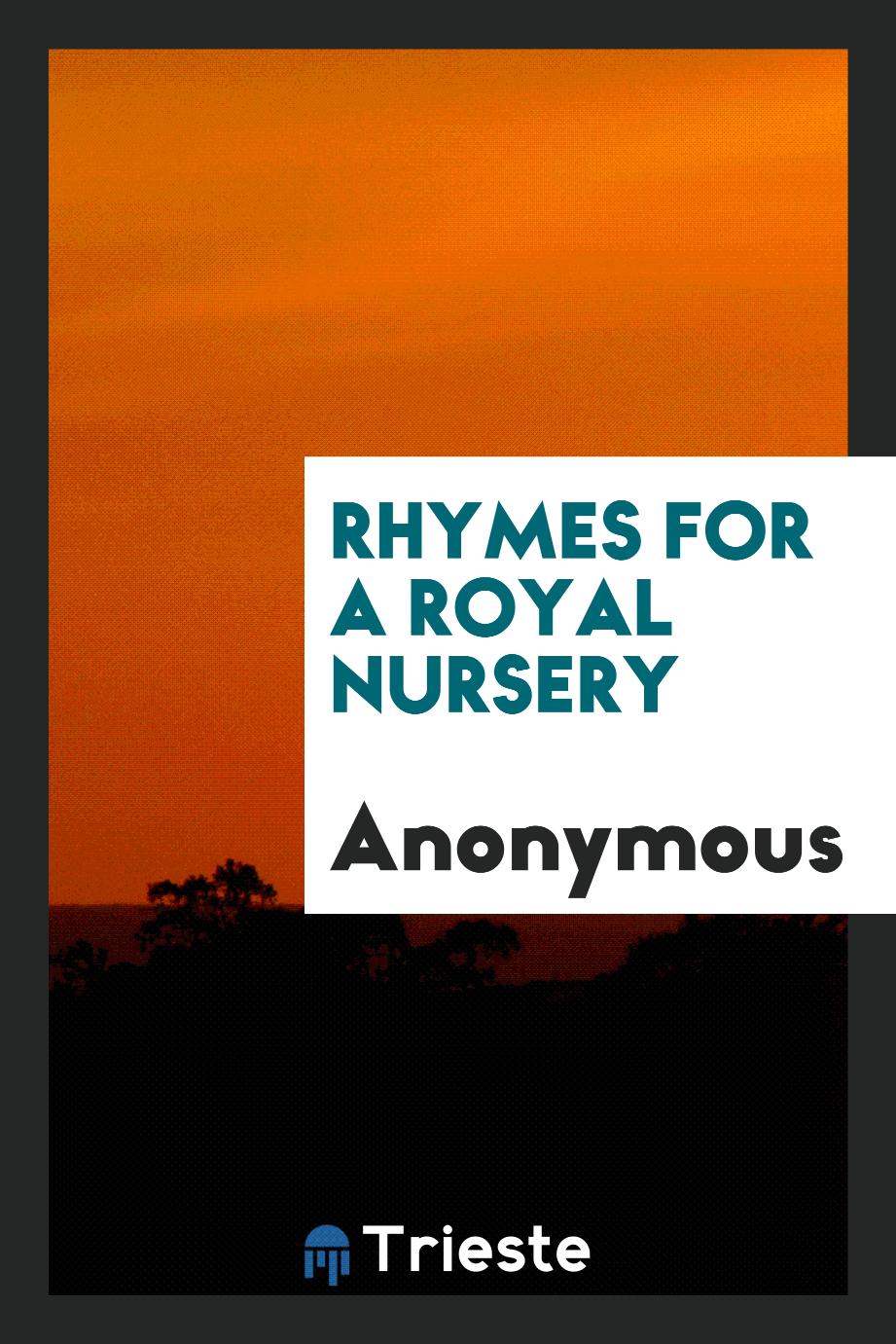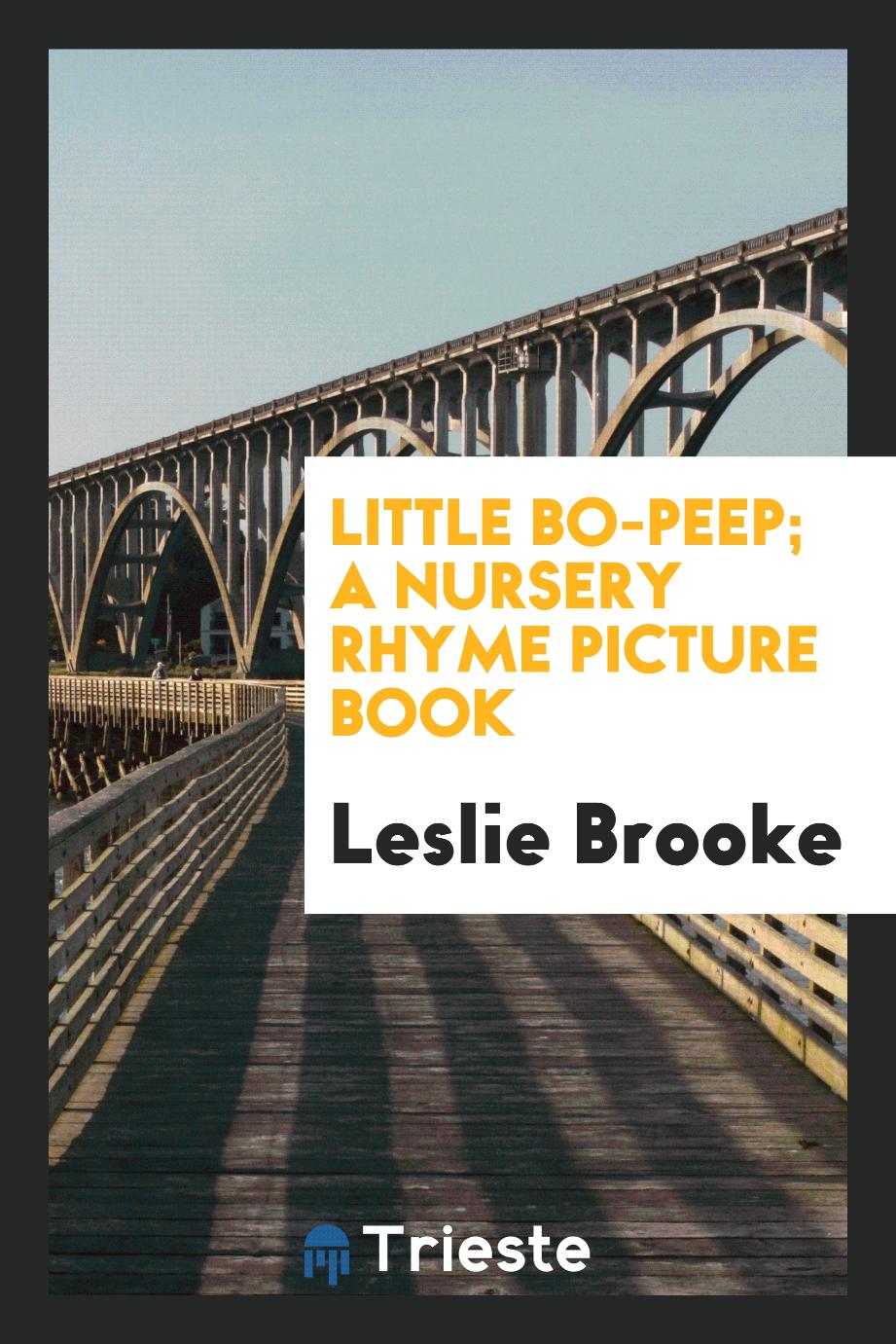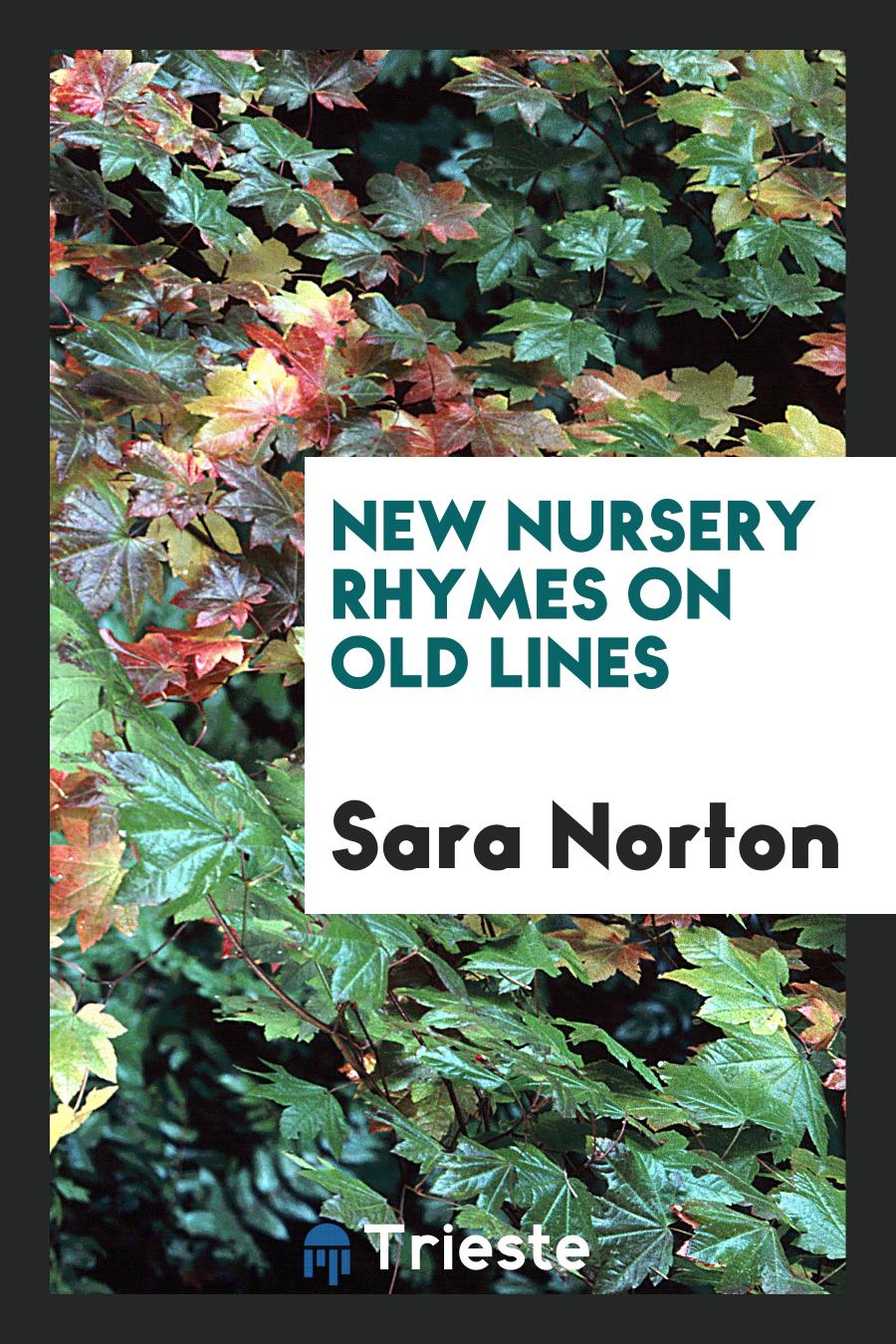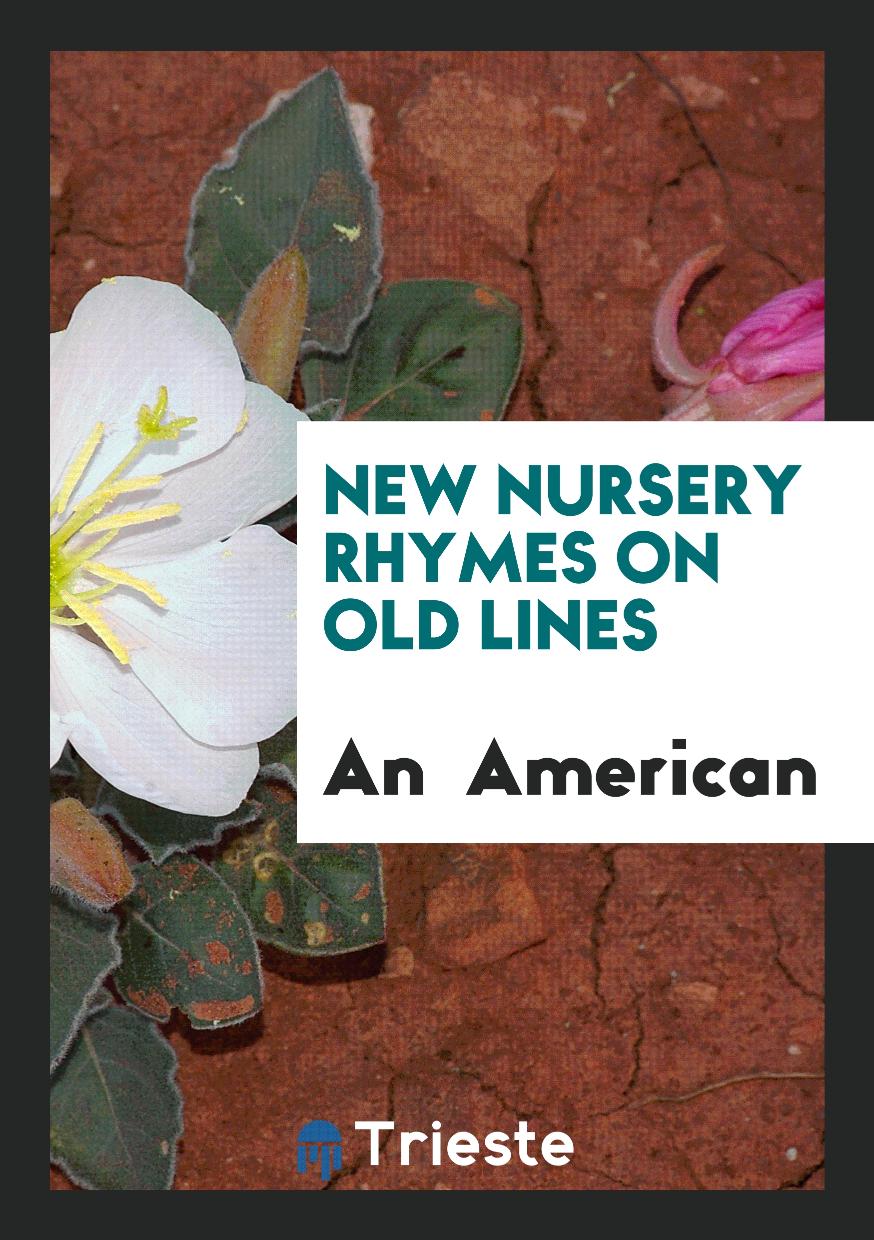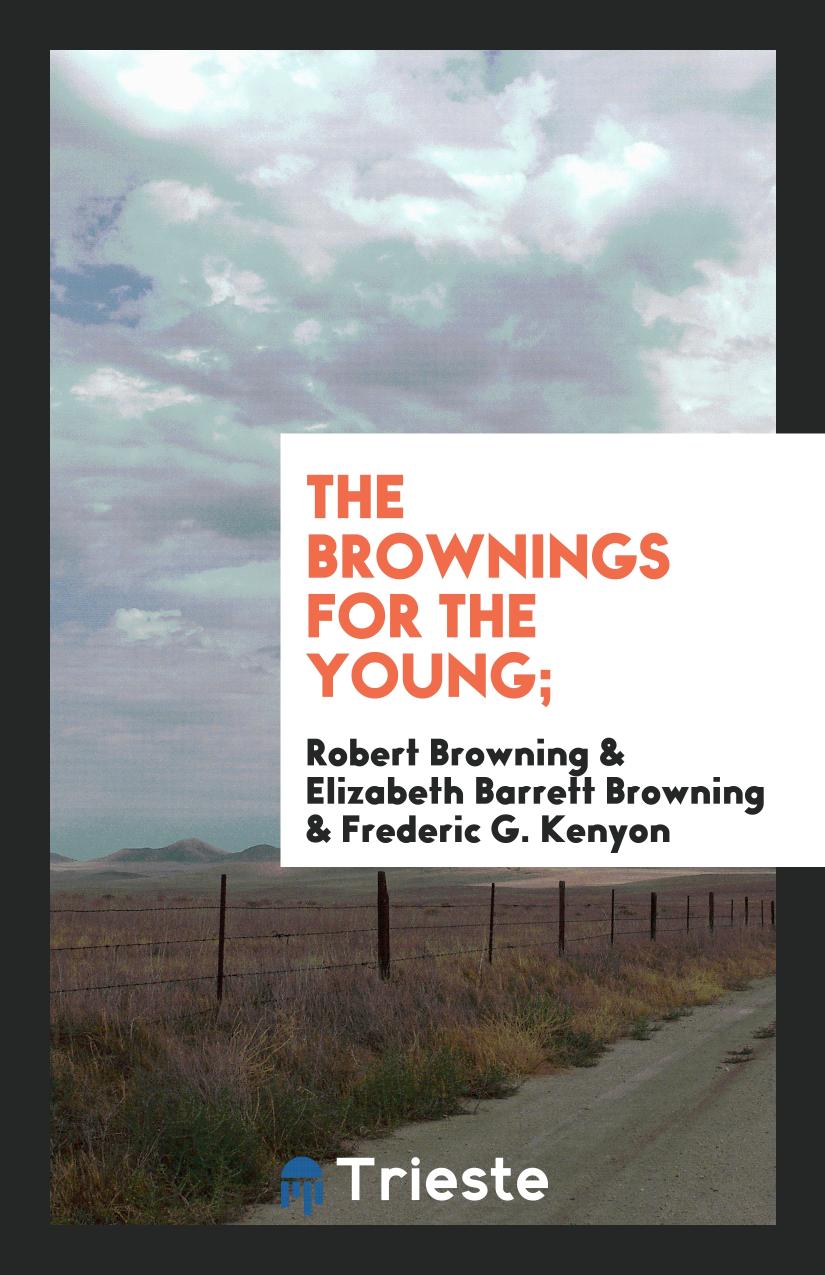Books
Why are stories that can be read that have a much stronger effect on a child's intellectual and emotional development than the stories they see? Why are so many parents (though not all, of course) very worried about the "cartoons" and stubbornly dream that the child is finally interested in reading?
Of course, this excitement and these dreams are already embedded in our subconscious at the level of archetypes: reading is good, "you need to watch fewer cartoons." However, for some reason, most adults focus on children and do not think about their relationship with the book, and most importantly - forget that the best motivation to love children's fiction - to see how parents read.
But going back to the effect of reading. There are simple, but quite scientifically sound answers. In contrast to the processes of visual perception, during reading in humans, both hemispheres of the brain are actively involved in the work. The reading process itself provides work to the left hemisphere, while the right is engaged in drawing pictures and images. It is difficult to overestimate the importance of these processes for the child and adolescent.
Of course, reading develops not only the formal abilities of the brain (memory, speech skills, cognitive abilities). It is about the ethical aspect - reading affects the expansion of the range of emotions, the level of empathy, the ability to analyze other people's actions and evaluate their own.
Trieste Publishing offers you a lot of interesting and diverse children's fiction.
